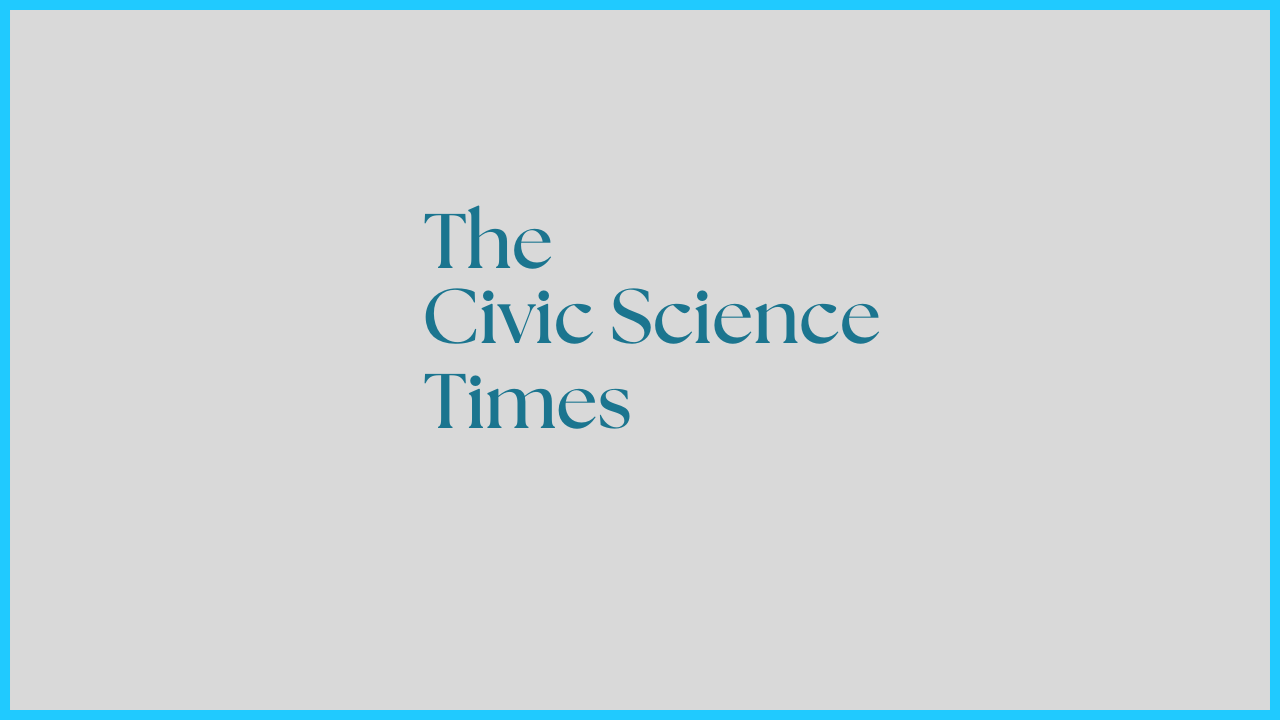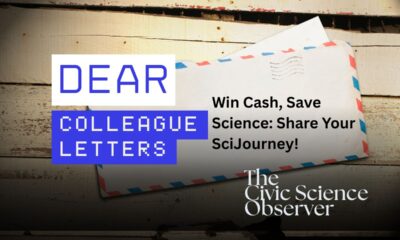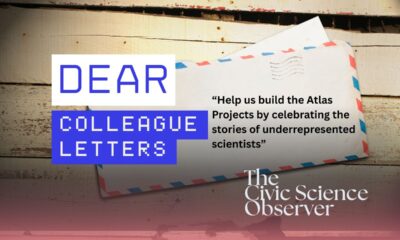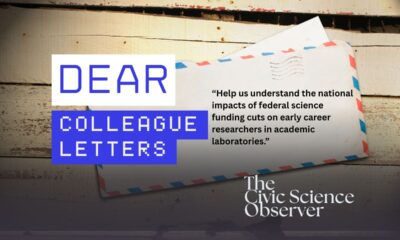Civic Science Observer
Public engagement with science: Global databases needed

As the United States government’s war on science grows in strength and resolve,[1] it is more critical than ever for scientists to raise their hands and make clear the beauty and complexity of their discipline to a wider audience. For centuries, the academic community was self-reliant: researchers made discoveries underground and behind closed doors, remaining anonymous while the public benefited from their work. But now, as science enters the political crosshairs, scientists can no longer afford to keep to themselves. They must communicate their research to demonstrate its value to society.
Fortunately, a growing population of scientists, graduate students, and teachers have embraced this demand. Thousands of individuals and groups are sharing the science gospel with the media, policymakers, and the public, with the goal of bridging the wide chasm between scientists and everyone else.
But currently, the science engagement community is not well coordinated. Those who want to get into the field have trouble finding a clear path forward, while those who are already involved don’t have an easy way to attract colleagues or volunteers. As a result, the mission to increase science literacy struggles to grow, and its influence remains limited. Communicators are left throwing apples from the crowd, when they could really use a loudspeaker.
To help solve this problem, we recently built a new online database of science outreach initiatives called SciReach.[2] Our aim is to give participants in science outreach and communication a home where they can collaborate, share ideas, find inspiration, and build a strong, unified voice that can contribute meaningfully to the ongoing discussion about science’s value to the world. So far, the database has accrued almost 200 initiatives, and it continues to grow.
Science communicators will ultimately find their strength in numbers, but to do that, they first have to find each other.
References
Fanuel Muindi is a former neuroscientist turned civic science ethnographer. He is a professor of the practice in the Department of Communication Studies within the College of Arts, Media, and Design at Northeastern University, where he leads the Civic Science Media Lab. Dr. Muindi received his Bachelor’s degree in Biology and PhD in Organismal Biology from Morehouse College and Stanford University, respectively. He completed his postdoctoral training at MIT.

-
 Audio Studio1 month ago
Audio Studio1 month ago“Reading it opened up a whole new world.” Kim Steele on building her company ‘Documentaries Don’t Work’
-
Civic Science Observer1 week ago
‘Science policy’ Google searches spiked in 2025. What does that mean?
-
Civic Science Observer1 month ago
Our developing civic science photojournalism experiment: Photos from 2025
-
Civic Science Observer1 month ago
Together again: Day 1 of the 2025 ASTC conference in black and white
Contact
Menu
Designed with WordPress
























